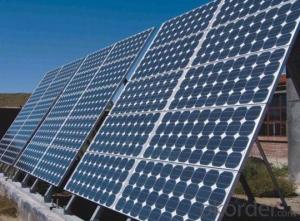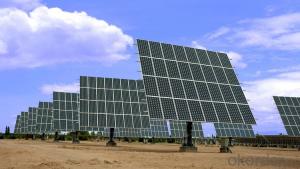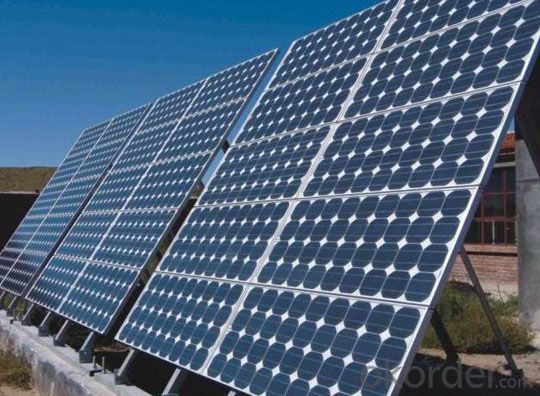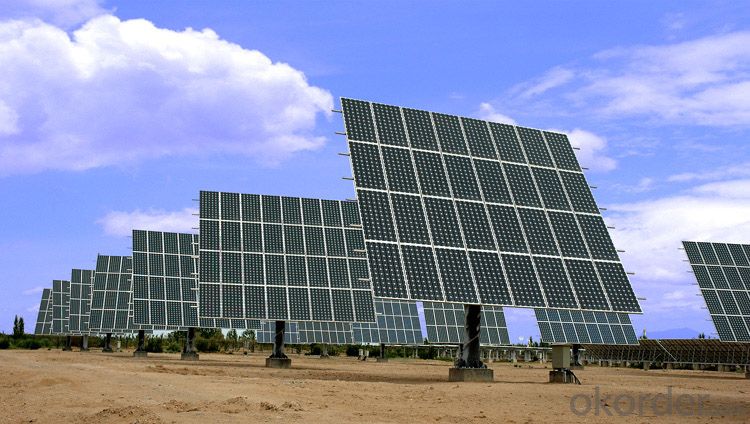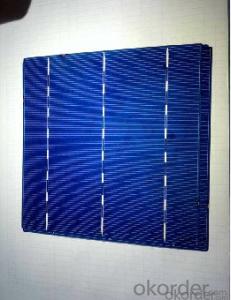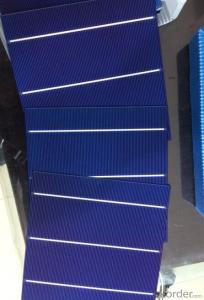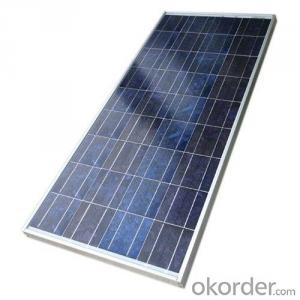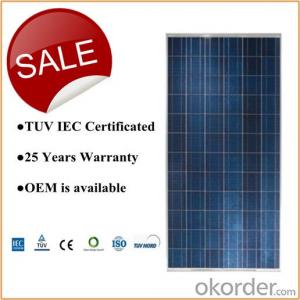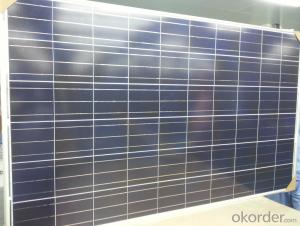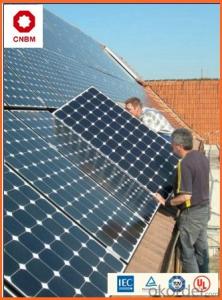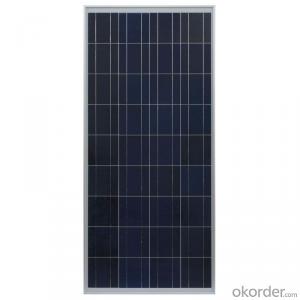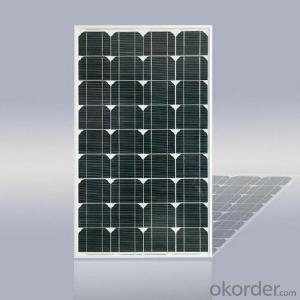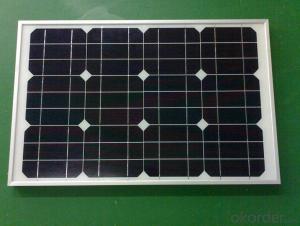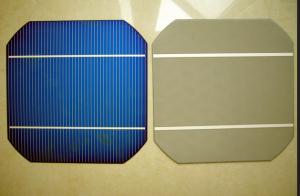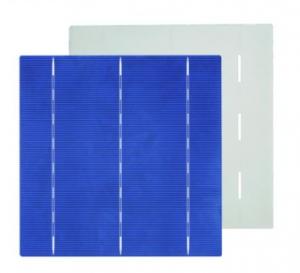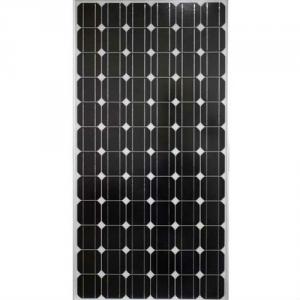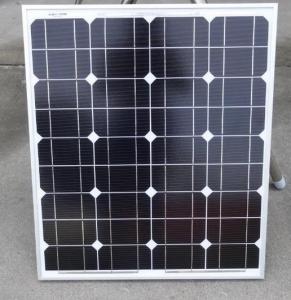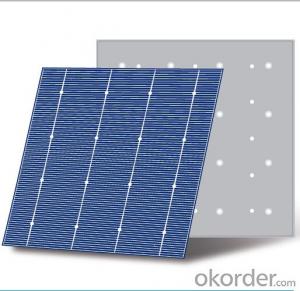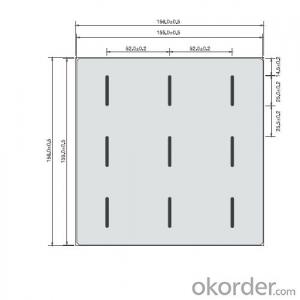Solar Cells Canada - Sales Solar Panels 280w Poly 72pcs Cells 36v
- Loading Port:
- China Main Port
- Payment Terms:
- TT OR LC
- Min Order Qty:
- -
- Supply Capability:
- 10000000000000 watt/month
OKorder Service Pledge
Quality Product, Order Online Tracking, Timely Delivery
OKorder Financial Service
Credit Rating, Credit Services, Credit Purchasing
You Might Also Like
Quick Details
| Place of Origin: | Guangdong China (Mainland) | Brand Name: | sunshine | Model Number: | sy-280p |
| Material: | Polycrystalline Silicon | Size: | 1960*980*40mm | Number of Cells: | 72PCS |
| Max. Power: | 280W | VOC: | 36V |
Packaging & Delivery
| Packaging Detail: | Crate |
| Delivery Detail: | 30 |
Specifications
1, A grade solar cell
2,Life of 20-35 years
3,Super quality competitve price
4,International Standard
solar panels 280W poly Specification
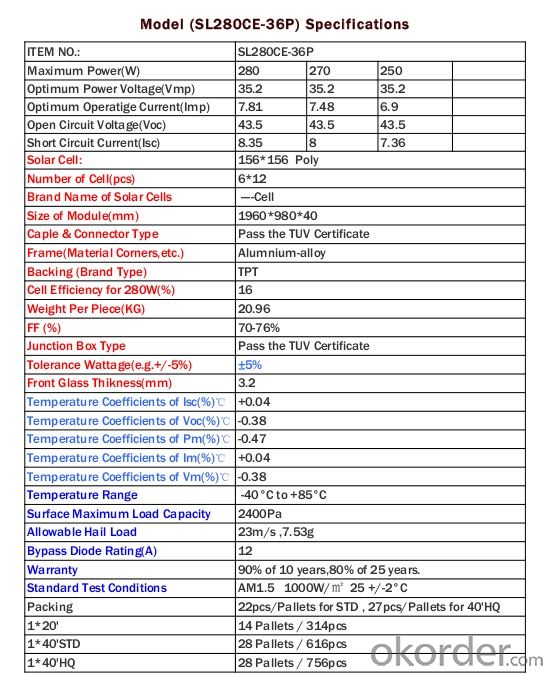
- Q: What should I know about the Crystalline silicon photovoltaic cells?
- Crystalline silicon (c-Si) is the crystalline forms of silicon, either multicrystalline silicon (multi-Si) consisting of small crystals, or monocrystalline silicon (mono-Si), a continuous crystal. Crystalline silicon is the dominant semiconducting material used in photovoltaic technology for the production of solar cells.
- Q: Can solar cells be used to power irrigation systems?
- Yes, solar cells can be used to power irrigation systems. By converting sunlight into electricity, solar cells can effectively provide a sustainable and renewable energy source to operate irrigation systems, reducing reliance on traditional power sources and promoting eco-friendly practices.
- Q: Do you believe you can make a solar cell by using kitchenware?
- As a scientist, I think it's possible.
- Q: What is the role of batteries in solar cell systems?
- The role of batteries in solar cell systems is to store the excess energy generated by the solar panels during the day, so it can be used during periods of low sunlight or at night. This helps ensure a continuous and reliable power supply from solar energy.
- Q: Can solar cells be used to power electric gates?
- Yes, solar cells can be used to power electric gates. Solar cells, also known as photovoltaic cells, convert sunlight into electricity. When installed on the gate or nearby, solar cells capture sunlight and convert it into electrical energy, which can then be used to power the electric gate. This eliminates the need for a direct connection to the power grid, providing a sustainable and independent energy source for electric gates.
- Q: Can solar cells be used for powering remote medical clinics?
- Yes, solar cells can be used for powering remote medical clinics. Solar energy is a reliable and sustainable source of power that can be harnessed in remote areas where access to electricity is limited. By installing solar panels, medical clinics can generate electricity to power essential medical equipment, lighting, and other necessary devices, ensuring continuous operations and better healthcare services even in remote locations.
- Q: How do solar cells handle power fluctuations?
- Solar cells handle power fluctuations by using a device called an inverter. The inverter converts the direct current (DC) produced by the solar cells into alternating current (AC) that is suitable for use in homes and businesses. It also helps to regulate and stabilize the power output, ensuring a consistent and steady flow of electricity despite any fluctuations in sunlight intensity or changes in load demand.
- Q: How do solar cells impact global warming?
- Solar cells have a positive impact on global warming as they generate electricity by harnessing the sun's energy, reducing the reliance on fossil fuels. By producing clean and renewable energy, solar cells help to mitigate greenhouse gas emissions, thereby reducing the overall contribution to global warming.
- Q: Can solar cells be used for powering airports?
- Yes, solar cells can be used for powering airports. Solar energy is a sustainable and renewable source of power, and airports have large areas of open space that can be utilized for installing solar panels. By harnessing the power of the sun, airports can reduce their reliance on non-renewable energy sources, lower their carbon footprint, and potentially save on energy costs in the long run. Additionally, solar power can also be stored in batteries for use during non-sunny periods or at night, ensuring a continuous power supply for critical airport operations.
- Q: Can solar cells be used in agricultural applications?
- Yes, solar cells can be used in agricultural applications. They can be used to power irrigation systems, provide electricity for farm equipment, and even to charge batteries for remote monitoring and control systems. Additionally, solar panels can be installed on agricultural buildings to generate renewable energy and reduce reliance on the grid.
Send your message to us
Solar Cells Canada - Sales Solar Panels 280w Poly 72pcs Cells 36v
- Loading Port:
- China Main Port
- Payment Terms:
- TT OR LC
- Min Order Qty:
- -
- Supply Capability:
- 10000000000000 watt/month
OKorder Service Pledge
Quality Product, Order Online Tracking, Timely Delivery
OKorder Financial Service
Credit Rating, Credit Services, Credit Purchasing
Similar products
Hot products
Hot Searches
Related keywords
